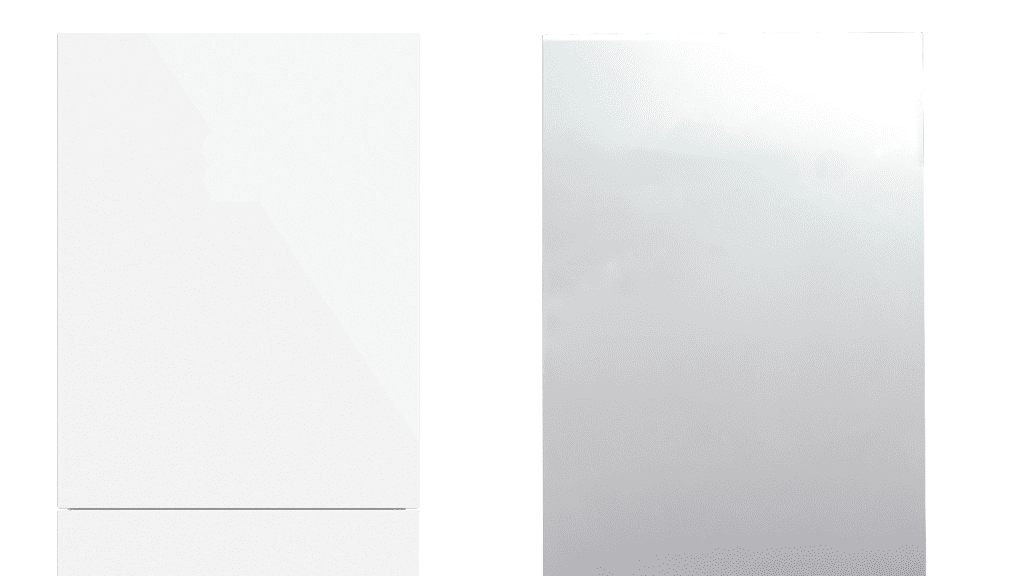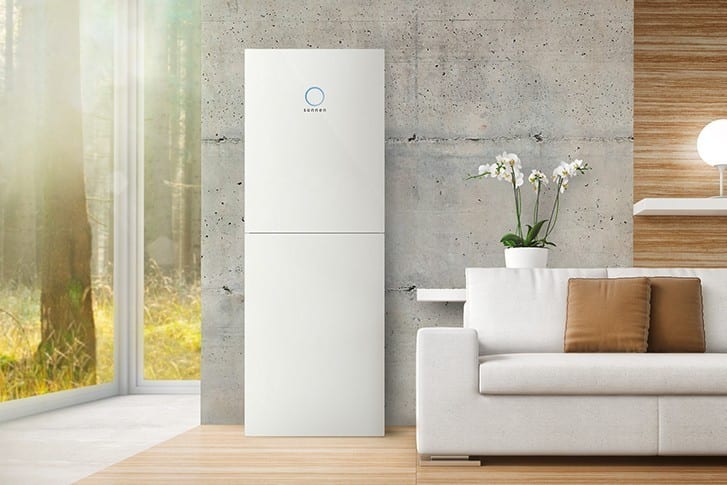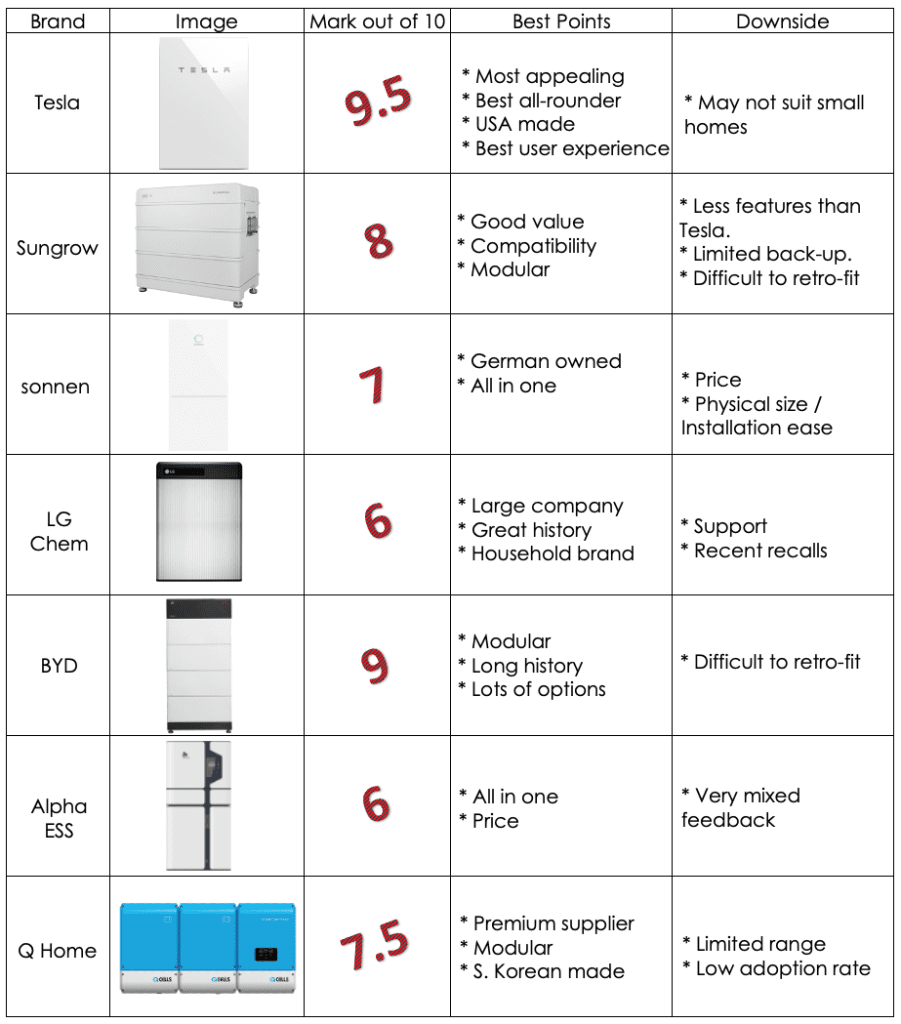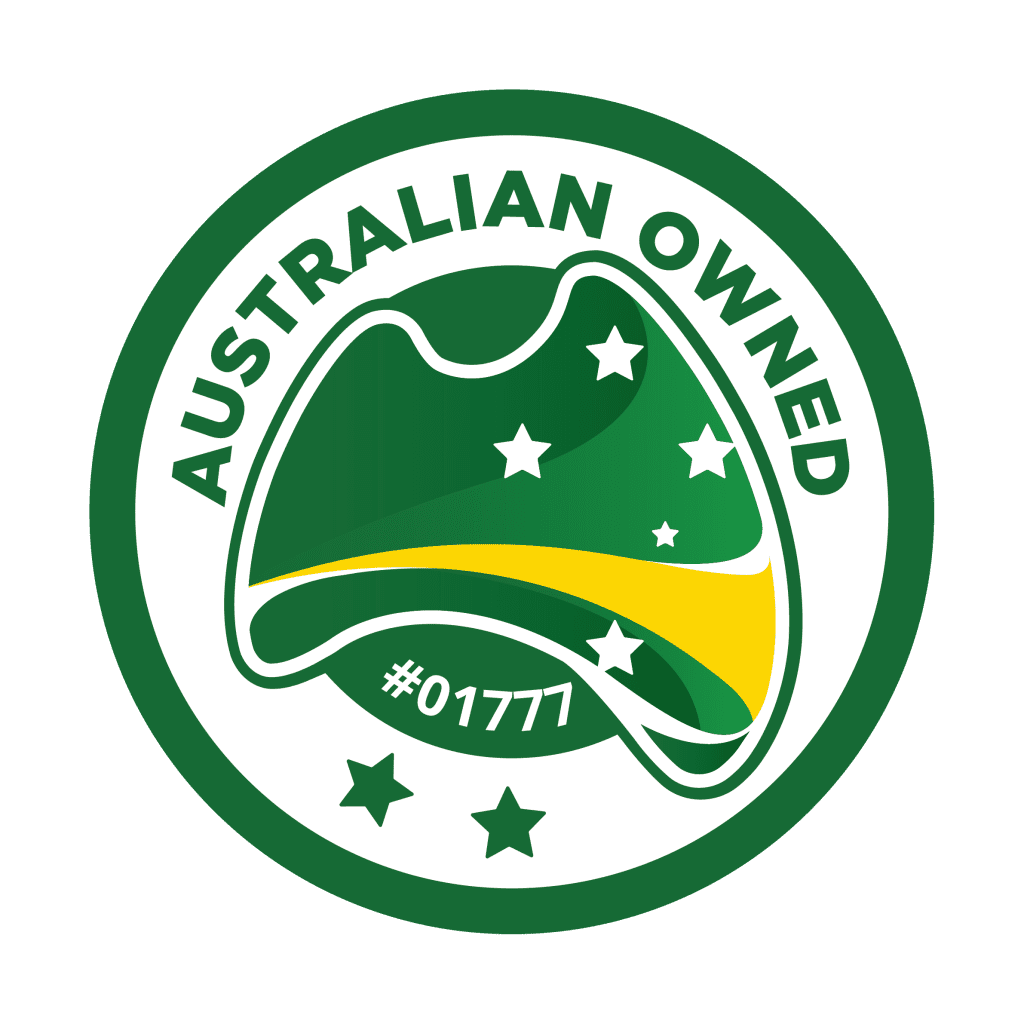Who are they?
If you’ve looked into solar batteries before you’ve very possibly heard of sonnen. They were one of the first lithium solar battery solutions, being founded in 2010. Five years before the Tesla Powerwall, sonnen pioneered the sleekly-designed, AC-coupled battery – it appears the Tesla was heavily influenced by the German company.
Sonnen are the market-leader in Germany, and have a factory in Elizabeth in South Australia where they manufacture the sonnenBatteri 9.53 hybrid – so they hit the wonderful spot of being both German-engineered and Aussie-made.
They’ve won countless awards, including Red Dot, EuPD, Global Cleantech, Bloomberg, Deloitte, MIT, and more – see their website for the full list, because they’ll have probably won another by the time you read this article!
In 2019 they were wholly purchased by Royal Dutch Shell. This means the company now has almost infinite financial backing – they are, after all, the 21st biggest company in the world.

What do they do?
Sonnen describe their products as “intelligent storage solutions”. The “intelligent” aspect is that the energy management software includes a self-learning algorithm that continuously adapts to your consumption patterns, to achieve the highest self-consumption and savings for your household.
They come in single- or three-phase, AC-coupled or hybrid, from ~2kWh up to ~16kWh. The hybrid means it can take solar PV inputs; the AC-coupled needs a separate PV inverter. In can be installed outside with a special enclosure
The design is modular, meaning the system comprises of the charger, the box, and the number of battery modules you want to achieve your required amount of storage. Depending which solution you decide upon, the modules are either 2kWh or 2.5kWh each, giving you possibilities of 2, 4, 5, 6, 7.5, 8, 10, 12, 12.5, 14, 15, and 16kWh! And, being AC-coupled, you could add multiple of these for much larger storage values, if so required.
The chemistry used is lithium iron phosphate – LiFePO4, or LFP, if you want to keep it short. Most solar batteries are either LFP or NMC (lithium nickel manganese cobalt oxide) – each manufacturer will say the pros of theirs and the cons of the other, but realistically, they’re both excellent technologies. The main difference is that LFP is a bit safer, but a bit bigger for the same amount of capacity.

The unit is warrantied to 10 years, or 10,000 cycles, which is fairly standard for quality battery products in the solar market. If you don’t want to do the maths, 10,000 cycles is the same as cycling it three times a day for ten years, which is unlikely – from the batteries we’ve installed, most customers use 1~1.5 cycles per day (don’t forget you have to charge the battery too!)
The sonnenBatterie is tested at the Battery Test Centre in Canberra, although as it is the latest “batch” of tests there are no results yet.
Sonnen also offer sonnenFlat, a solar/battery/energy retailer solution. Instead of dealing with another energy retailer such as AGL or Origin, you deal with sonnen. You pay a flat monthly fee of $49, $59, or $69, depending on your usage and the size of your solar system and battery. Sonnen manage your PV export, your battery charging and discharging, what you buy from the grid – you simply pay your fixed fee. Most average households would fit in the $49 bracket ($588 a year), meaning significant savings are possible.

Conclusion
There aren’t many options if you want an AC-coupled battery – it really is either Tesla or sonnen. While Tesla have won the marketing race, and we can’t deny their batteries are excellent, sonnen make an equally excellent, yet more flexible, and Aussie-made, alternative.
Of course, if you don’t want an AC-coupled battery, there are other options. This includes LG Chem and BYD. In fact, if you’re buying a battery with a solar system (not adding one later), we often find a DC-coupled battery is actually the better option.










